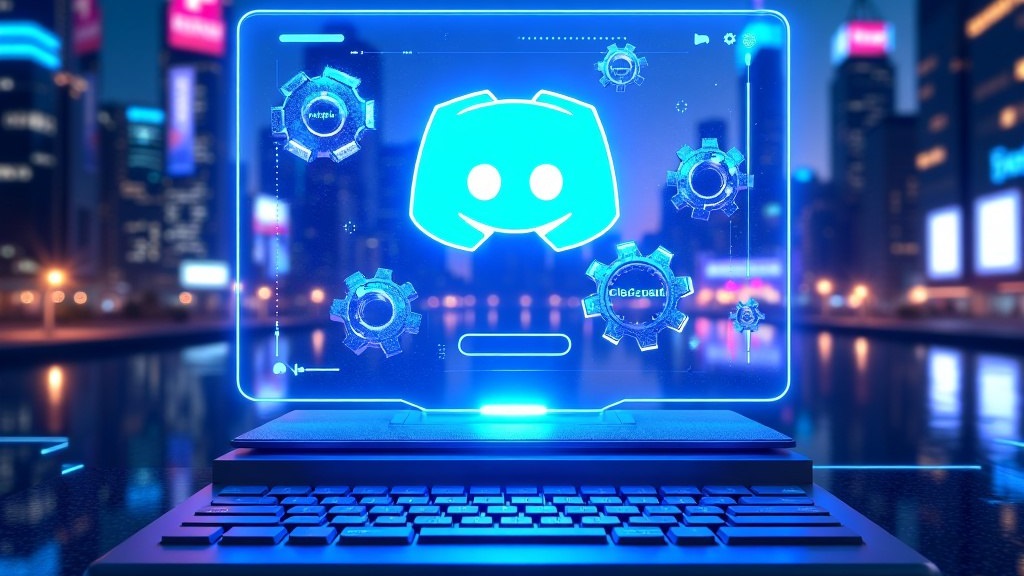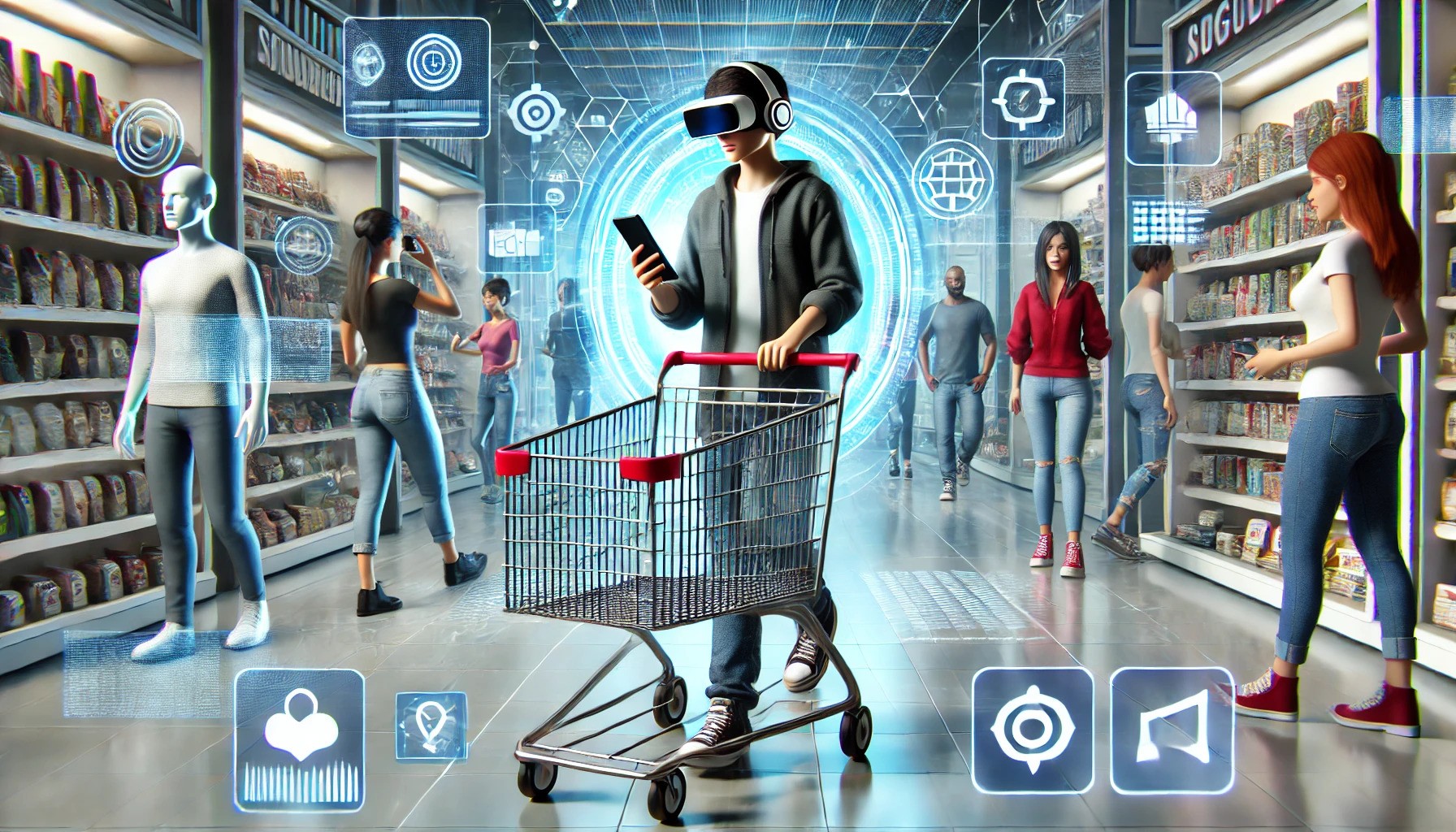If you want to stay ahead and thrive, generative AI in ecommerce is your secret weapon! It’s like having a supercharged content creator and operations master rolled into one. A game-changing tool to boost customer engagement with personalized experiences and to streamline everything from marketing, inventory and pricing for maximum profit.
This transformative tech, is in fact AI for e-commerce, and is not just a futuristic concept but a present-day reality enhancing the shopping landscape. Giants like Amazon, Sephora, eBay, Etsy and more, are already at the forefront. And if this is not to convince you then the numbers sure will! By 2030, the value of the generative AI sector is said to reach new heights of USD 110.8 billion. Not only that but generative AI is also predicted to generate 10% of all data by 2025, a stellar increase from < 1% in 2021, according to Gartner’s insights.
Let’s dive into how generative AI ecommerce is shaping the future of online shopping.
1. Personalized Shopping Experiences with AI for Ecommerce
One of the standout features of generative AI in ecommerce is its ability to personalize the shopping journey. Imagine walking into a store that already knows your style, preferences, and exactly what you’re looking for. This isn’t just about suggesting similar items; it’s about curating an entire shopping journey tailored just for you.
That’s the magic of generative AI – it’s the secret sauce behind the top AI tools in ecommerce, allowing businesses to offer personalized experiences on a massive scale. Generative AI digs deep into vast datasets, analyzing every click, view, and purchase to predict individual preferences with pinpoint accuracy.
Take Stitch Fix, for example, the online personal styling service. Their use of generative AI analyzes customer preferences and stylist feedback to deliver personalized clothing recommendations. Their AI even helps in designing new clothing pieces that match current trends and individual tastes, ensuring customers always have fresh and fashionable options.
This level of customer support enhances satisfaction and loyalty, ensuring a positive shopping experience around the clock.
2. AI-Streamlined Ecommerce Customer Support
How would you like having your personal shopping assistant available 24/7, ready to tackle any question or issue instantly? Generative AI is taking customer service in ecommerce to unprecedented heights with conversational AI.
H&M’s AI chatbot, Ada, is a prime example. Ada assists customers with everything from finding the right size to tracking orders and processing returns. This AI powerhouse handles thousands of queries simultaneously, reducing wait times and freeing up human agents to tackle more complex issues.
Then there’s ASOS, which uses a similar AI chatbot named Enki. Enki doesn’t just stop at answering questions; it provides personalized product recommendations based on browsing history and preferences, making the shopping experience more interactive and engaging. This level of service not only enhances customer satisfaction but also drives sales by upselling and cross-selling products.
AI-powered chatbots can also handle and even update FAQs, guide users through the purchasing process, provide instant support with remarkable efficiency, and even address common issues before they escalate.
This not only streamlines operations but ensures customers receive quick and accurate responses, significantly boosting overall satisfaction.
3. Community engagement as never before
Generative AI in ecommerce helps build and nurture online communities by facilitating conversations and interactions. For example, Sephora’s Beauty Insider Community leverages AI to engage users with beauty tips, product recommendations, and peer-to-peer interaction, creating a vibrant community of engaged users.
Not to be outdone, Nike’s use of AI in their customer service strategy is also noteworthy. Their chatbot, powered by AI, can provide detailed information on products, help with order tracking, and even offer workout tips.
AI tools can also analyze the sentiment of user comments and feedback across social media platforms. This enables brands to understand customer sentiments and respond appropriately. Companies like Hootsuite use AI to provide insights into customer sentiment, helping brands to tailor their social media strategies effectively.
Moreover, AI can identify emerging trends and create relevant content that resonates with the community. For example, Coca-Cola uses AI to track trending topics and generate content that aligns with current consumer interests, boosting engagement and brand visibility.
It can also successfully manage crisis communications by providing timely and consistent responses. This helps mitigate negative impacts and maintain brand reputation. Brands like JetBlue use AI to manage customer interactions during flight disruptions, ensuring clear and prompt communication.
4. AI-Optimized Inventory Management
Beyond customer-facing features, generative AI in ecommerce extends to backend operations like inventory management. By predicting demand trends, AI helps businesses optimize stock levels, reducing overstock and stockouts. This application of machine learning and ecommerce ensures that businesses can meet demand without tying up too much capital in inventory.
A standout example is Zara. The fashion giant uses AI to analyze real-time sales data and customer feedback to predict which styles will be hot sellers. This enables Zara to adjust its inventory and replenish stock quickly, keeping their collections fresh and on-trend. No wonder Zara is always ahead of the fashion curve!
Amazon also leverages AI for inventory management. Their sophisticated algorithms track and predict product demand, ensuring their warehouses are stocked efficiently. This not only reduces holding costs but also improves delivery times, enhancing customer satisfaction. Plus, Amazon’s AI can even predict when a product is likely to run out of stock and reorder it automatically, so there’s never a disruption in supply.
But it doesn’t stop there! Smaller ecommerce businesses are also jumping on the AI bandwagon. Take Blue Apron, for instance. This meal kit service uses AI to predict which recipes will be most popular each week, ensuring they have the right ingredients in stock without overordering. This not only minimizes waste but also maximizes profitability.
5. Creative Content Generation
The creative potential of generative AI ecommerce is boundless. From generating unique product descriptions to crafting engaging marketing content. AI can free up creative teams to focus on big-picture strategies while keeping your brand fresh and dynamic.
Think about it: instead of spending hours crafting the perfect product description, AI can generate hundreds of variations in seconds, each tailored to specific customer segments. Take Alibaba, for example. Their AI-driven content generation tool can produce 20,000 lines of copy per second, ensuring each product listing is as detailed and compelling as possible. This not only boosts SEO but also enhances the shopping experience by providing customers with the information they need to make informed decisions.
The power of generative AI in ecommerce content strategies does not stop here. It can generate blog posts and social media content, both text, visual and even videos that align with current trends and customer interests, keeping the brand relevant and engaging.
Generative AI even extends to creative brainstorming. Tools like Jasper AI can generate a plethora of ideas for content, from blog topics to ad campaigns, sparking inspiration and enabling creative teams to explore new avenues.
In essence, generative AI is the ultimate creative partner for ecommerce businesses. It takes on the heavy lifting of content creation.
How Does FANA.AI Transform Ecommerce Operations?
At FANA.AI, we redefine customer support and community management. With FANA generative AI for ecommerce solutions, you will increase response accuracy and boost team efficiency by 60% or more. We allow businesses to focus on growth while maintaining an active and engaged community. From managing Discord communities to prioritizing support tickets, FANA.AI showcases the practical application of generative AI in enhancing customer experiences and operational efficiency. Learn more on our AI Blog.
Ready to harness the power of generative AI for your ecommerce business? Explore FANA.AI and take the first step towards transforming your ecommerce experience.












